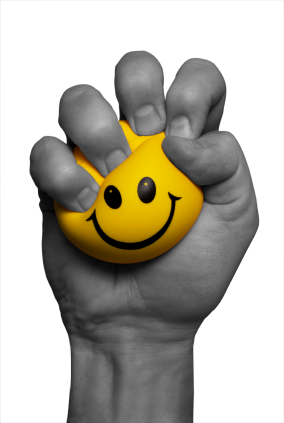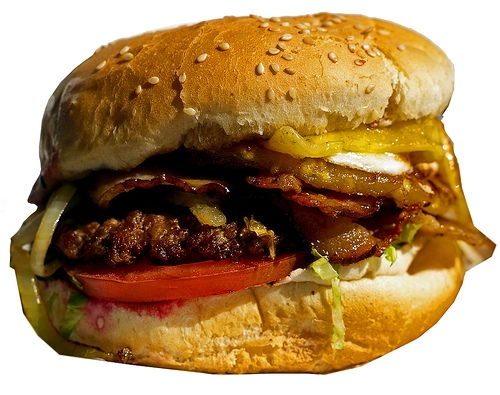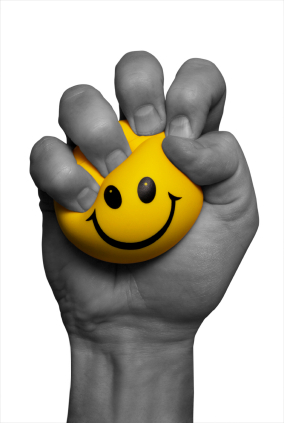 In response (I think) to my post on efficiency and economists, Matt Yglesias cautions against abandoning the presumption of rationality just because people don’t consistently maximize profit. It may be rational in some circumstances to sacrifice profit for gains in time and attention. There’s more to personal welfare than money.
In response (I think) to my post on efficiency and economists, Matt Yglesias cautions against abandoning the presumption of rationality just because people don’t consistently maximize profit. It may be rational in some circumstances to sacrifice profit for gains in time and attention. There’s more to personal welfare than money.
Anyone who advocates efficiency runs across this point. Maybe people walk by some/all of these alleged $5 bills on the sidewalk because they have better things to do than watch the sidewalk all the time and bend over every few blocks. I agree, but I think the point ultimately works the other way than Matt intends it — it weakens, not strengthens, the presumption of rationality.
If welfare is some admixture of wealth, time, and attention, it’s many more things as well: physical health, familial and social ties, health/car/life insurance, mobility, freedom of speech and association, etc. These are complex and murky issues about which people make dozens of small decisions a day. Some small fraction of those decisions is part of a conscious weighing of options and planning; most are reflexive. Why would we assume individuals have reliable insight about what best serves their own welfare? Self-destructive behavior is as human as desire, impulse, and limited information. We see through a glass, darkly.
Wealth — GDP at the national level, net assets at the individual level — is often used as a proxy for welfare, but this is problematic for any number of reasons. (Over a certain base level, wealth doesn’t track satisfaction.) Money is often used as a proxy for value: what people will pay (or forego profit) for is what they value, their “revealed preferences.” But this way of looking at things verges on tautology. If rationality is satisfying preferences and preferences are reflected in what people do, then what is rational is what people do. That makes economics easier but it doesn’t really tell us what we want to know.
What we’d like to know is whether there can be a science of human welfare. Can we develop a reliable enough understanding of the conditions that lead to human flourishing to redirect public policy toward that broader goal rather than the narrow goal of maximizing GDP? Can policy improve upon spontaneous, distributed decisionmaking? Obviously efforts in the 20th century to plan entire economies proved disastrous, but it’s a long way from there to the laissez faire attitude of neoliberal economics. A better understanding of human behavior couid lead to policy that’s less intrusive but more efficacious (a la Nudge).
As I see it, the strong case against Gayer-style economics involves three claims:
- Human welfare can be understood and measured, if not fully then enough to inform policy.
- Systemic market and behavioral failures impede welfare in ways that can be understood and predicted.
- These failures can be partially meliorated by public policy, increasing individual and social welfare relative to the BAU case.
No. 3’s the sticky wicket. It’s one thing to say people don’t do what’s best for them, it’s another entirely to say that public policy — “government bureaucrats,” in teabag parlance — can improve on their decisionmaking. But we can’t get to a serious discussion of No. 3 until we get past 1 and 2, which are contentious in their own right. If people reliably understand and pursue what serves their own welfare, there ought to be a presumptive bias against active, progressive policymaking. If people are, in Dan Ariely’s words, “predictably irrational,” then public policy based on sound understanding of human behavior can increase welfare.
(By the way: Happy New Year! to all you Grist readers.)




